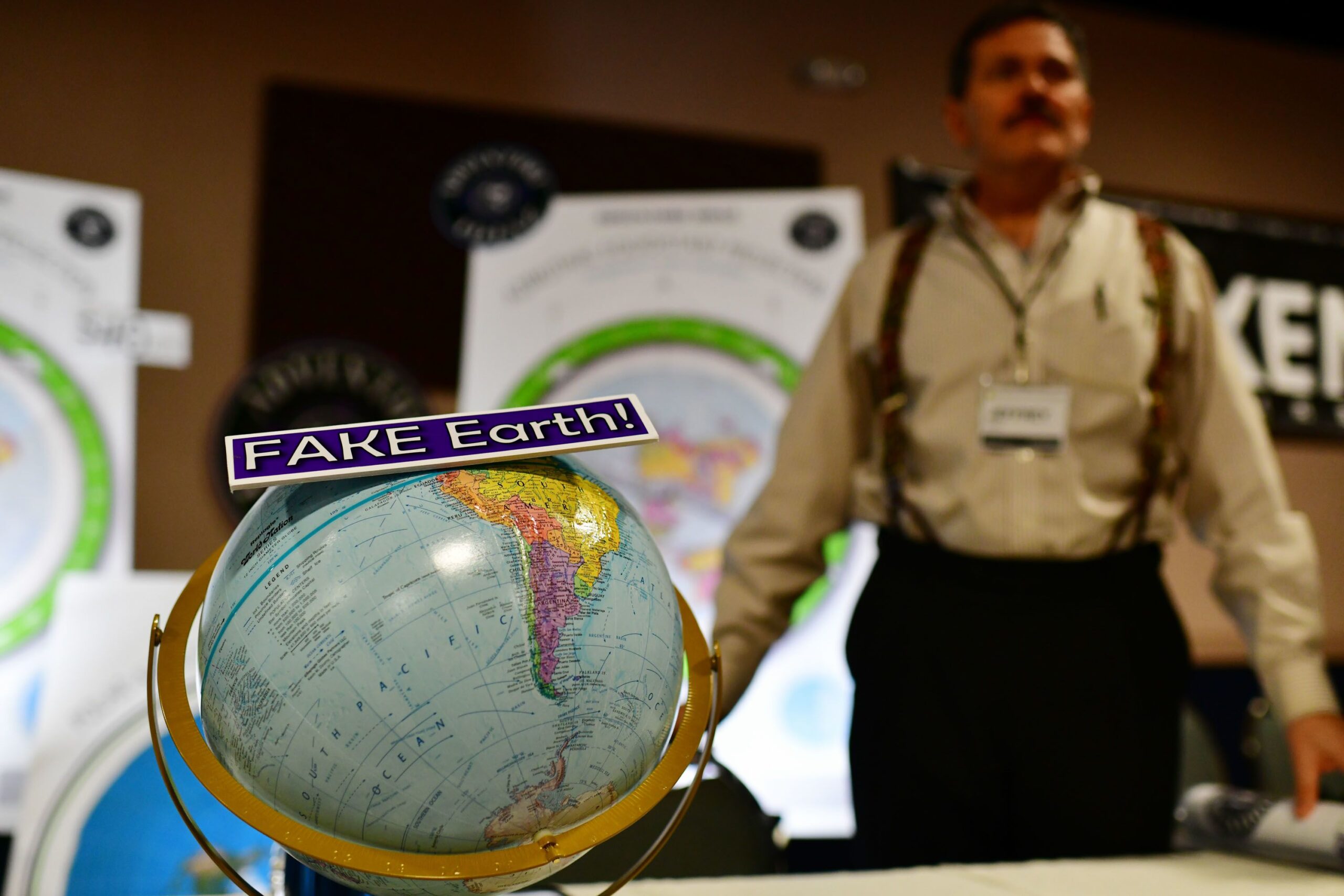Due to madness, one of the official members of Flat Earth has announced his retirement.

In a surprising turn of events, one of the most vocal members of the Flat Earth community has announced his retirement, citing personal struggles and a growing sense of madness. This announcement has sent ripples through the often-controversial movement, which has long been characterized by its fervent belief in a flat model of the Earth, rejecting centuries of scientific consensus.
The member, whose identity has been withheld for privacy reasons, had been a prominent figure in the community, frequently participating in public debates, online forums, and even organizing events aimed at promoting Flat Earth theories. His charisma and ability to articulate complex ideas in simple terms had garnered him a substantial following. However, in recent months, he began to exhibit signs of distress, often expressing feelings of isolation and frustration with the broader scientific community.
In a heartfelt statement shared via social media, the retiree reflected on the toll that constant scrutiny and ridicule had taken on his mental health. “I have devoted years of my life to this cause,” he wrote. “But the unyielding pressure to defend beliefs that are ridiculed at every turn has led me down a path I never anticipated. It has become clear to me that my mental well-being must take precedence over my commitment to this movement.”
This candid admission highlights a broader issue that plagues many who find themselves deeply entrenched in conspiracy theories or fringe beliefs. The echo chamber of like-minded individuals can provide a sense of belonging, but it can also create an environment where dissent is not tolerated, leading to intense psychological strain. For some, the relentless quest for validation within such communities can turn toxic, resulting in burnout or, as in this case, a complete withdrawal.
Reactions within the Flat Earth community have been mixed. Some members have expressed concern for their colleague’s well-being, emphasizing the need for support and understanding. Others, however, have responded with skepticism, questioning whether the announcement was genuine or a calculated move to garner sympathy. This internal division reflects the complex dynamics often present in belief systems that challenge mainstream science.
The retiree’s departure may also signal a turning point for the Flat Earth movement itself. As its public perception continues to shift—often characterized by derision and disbelief—the challenge of maintaining engagement without succumbing to the pressures of societal ridicule looms large. With this key figure stepping back, questions arise about the future leadership and direction of the community. Will others follow suit, feeling the weight of similar pressures, or will this serve as a wake-up call to reevaluate the implications of their beliefs on personal well-being?
Ultimately, this retirement serves as a poignant reminder of the human element within ideological movements. While the pursuit of truth is a noble endeavor, the costs associated with such quests can be significant. As the Flat Earth community grapples with this loss, it may be time for a collective reflection on the impact of their beliefs—not only on their understanding of the world but also on their mental health and personal lives. In a world rife with skepticism, the balance between belief and well-being has never been more critical.

